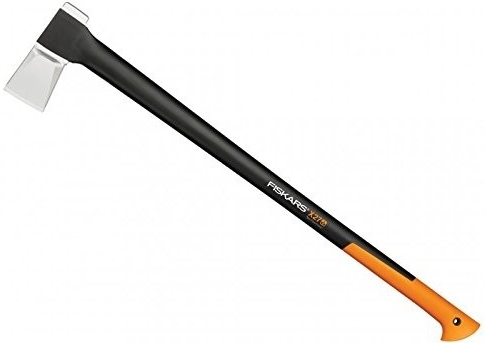The Czech Supreme Court issued a judgment in the case of Fiskars Corporation against Mountfield a.s. (23 Cdo 5955/2017-231 dated 29 May 2019). Fiskars sued Mountfield, a home improvement and gardening retailer, among others, for trademark infringement consisting in illegal parallel imports from North America to the EU of Fiskars branded axes. The defendant did not deny that the goods were imported from outside the EU. Nonetheless, the defendant claimed that the plaintiff abused its dominant position on the EU market by maintaining excessively high prices compared to those markets from which importation is to be prohibited. The defendant also claimed that the plaintiff applied different purchase terms to the defendant relative to other EU customers. The defendant invoked the judgment of the EU General Court in Micro Leader v. EU Commission T-198/98.
In accordance with their established practice, the Prague Municipal Court and the Prague High Court did not find this defence as well-founded. Both courts held that the cited case law is not relevant for the given matter, because the trademark owner’s decision whether or not to put certain types of goods on the market may not be deemed as conduct falling under Article 101 and 102 of the Treaty on the Functioning of the EU.
The Supreme Court referred to ample EUCJ case law on the subject matter and held that the mere ownership of an intellectual property right does not per se result in dominant position on the market. However, the enforcement of intellectual property rights may, under exceptional circumstances, be considered as abuse of dominant position. Therefore, the Supreme Court annulled the appellate decision and instructed the Prague High Court to examine whether the plaintiff held a dominant position on the relevant market in the relevant period and whether the enforcement of the trademark rights against parallel imports from outside EU was indeed surrounded by exceptional circumstances resulting in trademark owner’s anti-competitive behaviour.
The judgment means that Czech courts will have to alter their existing practice and take into consideration defence alleging the plaintiff’s anti-competitive conduct within trademark infringement proceedings. To be successful, however, a defendant would have still to demonstrate that the plaintiff held a dominant position on the relevant market and actually abused such dominant position by enforcement of the trademark in court. With such high threshold, this defence is unlikely to be successful other than in exceptional cases.
_____________________________
To make sure you do not miss out on regular updates from the Kluwer Trademark Blog, please subscribe here.



